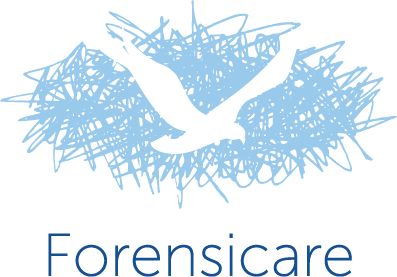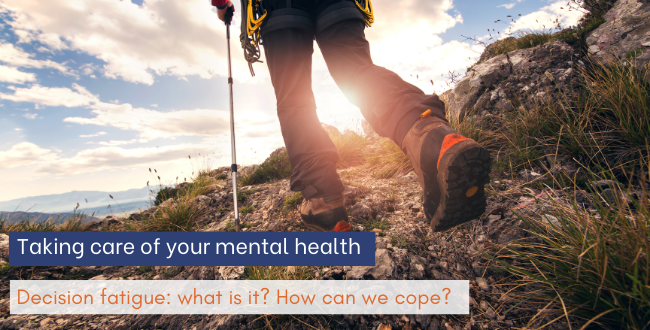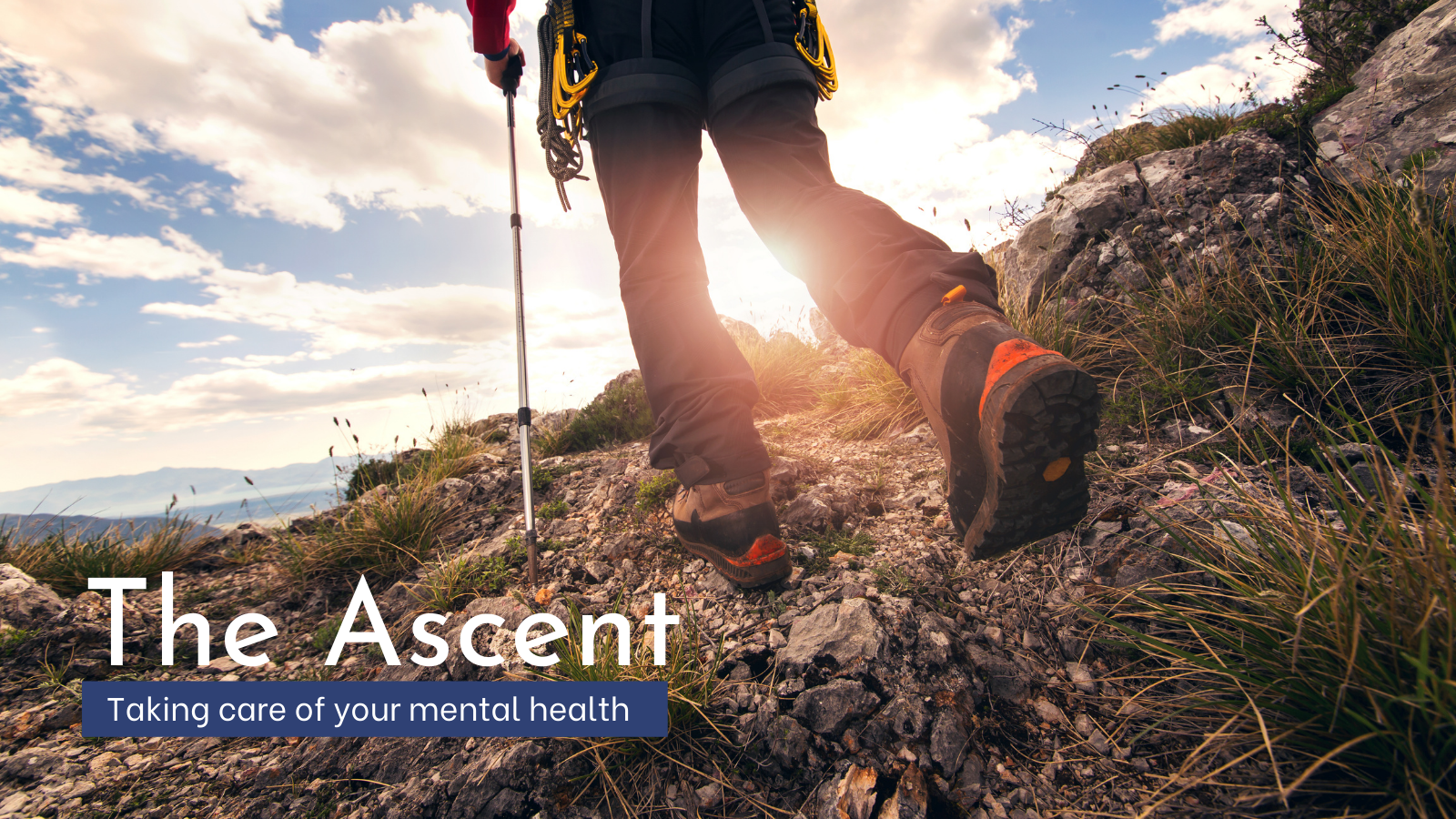Decision fatigue: what is it and how do we cope?
Our last issue of the Ascent highlighted the exhaustion we are feeling as we move through the various stages of crisis fatigue.
But there’s other things that are making us tired: decision fatigue. All of the tiny decisions that we have to make at the moment might be really taking a toll.
This edition of the Ascent examines the concept of decision fatigue and why trying to figure out whether to have a muffin or a croissant with our skinny latte might be throwing us into a spin.
Decisions, decisions, decisions: they take a toll on our mental health
Since COVID first hit our shores, and increasingly since then, we have been forced to make decision after decision on a daily basis about things which we may never have previously considered. Should I walk with my friend? Should I take my child to the grocery store? Is it safe to drop food off at my parent’s house? Should I wear gloves when I’m shopping? Should I send my kid to childcare? Do I have to change out of my leggings for the Zoom meeting?
Before we faced the COVID pandemic, we likely weren’t even aware of many of the infinite number of decisions we made on a daily basis, estimated to be between 10,000 and 40,000 a day!
This is because our brain generally relies on heuristics, or mental shortcuts brought on by familiarity and routine, and so these kinds of decisions have become automatic and a part of our daily lives.
We’ve lost the familiar—so making decisions takes up much more energy
Now however, we’re likely to be experiencing ‘Decision Fatigue’; a concept first coined in 2010 by Social Psychologist, author and Professor of Psychology, Roy Baumeister. He described this as a “state of low will power that results in having invested effort into making choices”.
In essence, the loss of routine, familiarity and certainty over a prolonged period of time means we’ve expended a great deal of energy into making decisions about things that we’ve not previously had to. And so, we’re tired.
How does decision fatigue impact us?
No matter how rational and logical we are, we can’t engage in this process without feeling the effects. Added to this, we might not even be aware of what we’re experiencing, because it’s a different type of fatigue compared to when we are physically tired. Decision fatigue occurs when we’re low on mental energy, and it can mean that without realising it, we take shortcuts in order to avoid further sapping our tired brains.
You’ve probably had conversations with people, where you, or they, have expressed frustration and bewilderment about your/their level of fatigue. It might go something like this. “I don’t know why I’m so tired, it’s not like I’m going out, it’s not like I’m doing much”. Well perhaps this is a part of the reason why.
Although it should be acknowledged that many researchers who talk about the concept of decision fatigue suggest further research is warranted, many scientific experiments demonstrate its plausibility and many people claim to feel its effects.
Effects of decision fatigue
Decision fatigue can have various effects. Being impulsive or avoidant are a couple of notable ones. Firing off a rushed email response, buying the chocolate bar at the register after doing your big grocery run or delaying a decision like what to have for dinner (or waiting for someone else to make the decision for us!) are examples of how this can all come into play. In addition, if we’re fatigued, we’re more likely to stick to the status quo, or base a decision on a single criterion without considering context and other relevant factors.
Whilst some of these decisions are low in the sheep station stakes, we want to make sure we give ourselves the best chance of making appropriate decisions when this is most needed, not only for us, but given our roles in taking care of others.
So, how can we counter decision fatigue?
These tips might just be what you need.
- Make your most important decisions first – typically the start of the day is the best time for this (after a good night’s sleep), or after breakfast when your stomach is full. Willpower diminishes and decision fatigue increases over the course of a day and science has shown that our impulse control decreases when we are hungry.
- Prioritise the decisions you need to make and focus on one at a time. If you need to make a significant decision later in the day take a short break or even a nap beforehand. Rest and good nutrition increase mental acuity.
- If possible, plan out your next day schedule the day before to minimise the number of decisions you need to make on the fly.
- Set personal deadlines for yourself in which to make a particular decision. This minimises the tendency to avoid, but also lets your brain off the hook for the moment, with confidence that you can come back to the decision that needs to be made.
- Remove distractions – social media, phone and TV when decisions need to be made. These mediums perpetuate avoidance and drain willpower for later in the day.
- Be aware of how you’re feeling and talk to other people about it. Research indicates that emotional suppression can lead to decision fatigue
- And finally, that ubiquitous hashtag #inthistogether, well here’s another place where it counts. Connect with others and ask for their opinions and thoughts. This can reduce the load on you and the people you care about.
Need support?
You’re not alone. Life is extra challenging right now, and it’s okay to not be okay.
Lifeline: 13 14 11
Carers Australia: 1800 242 636
Kids Help Line: 1800 55 1800
This story was brought to you by the Thomas Embling Hospital Reflective Practice team: Dr Meera Aurora, Principal Psychologist, Dr Diana Talevski Acting Principal Psychologist and Dr Bonnie Albrecht, Senior Psychologist. This team helps our staff with their own mental health and well-being while they provide care for our consumers.






